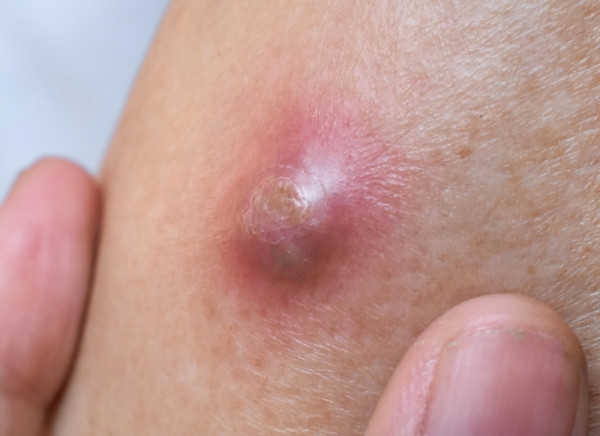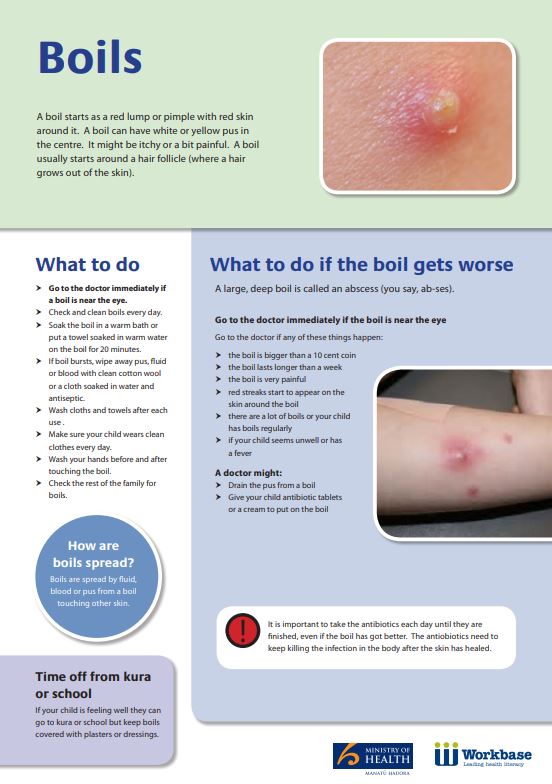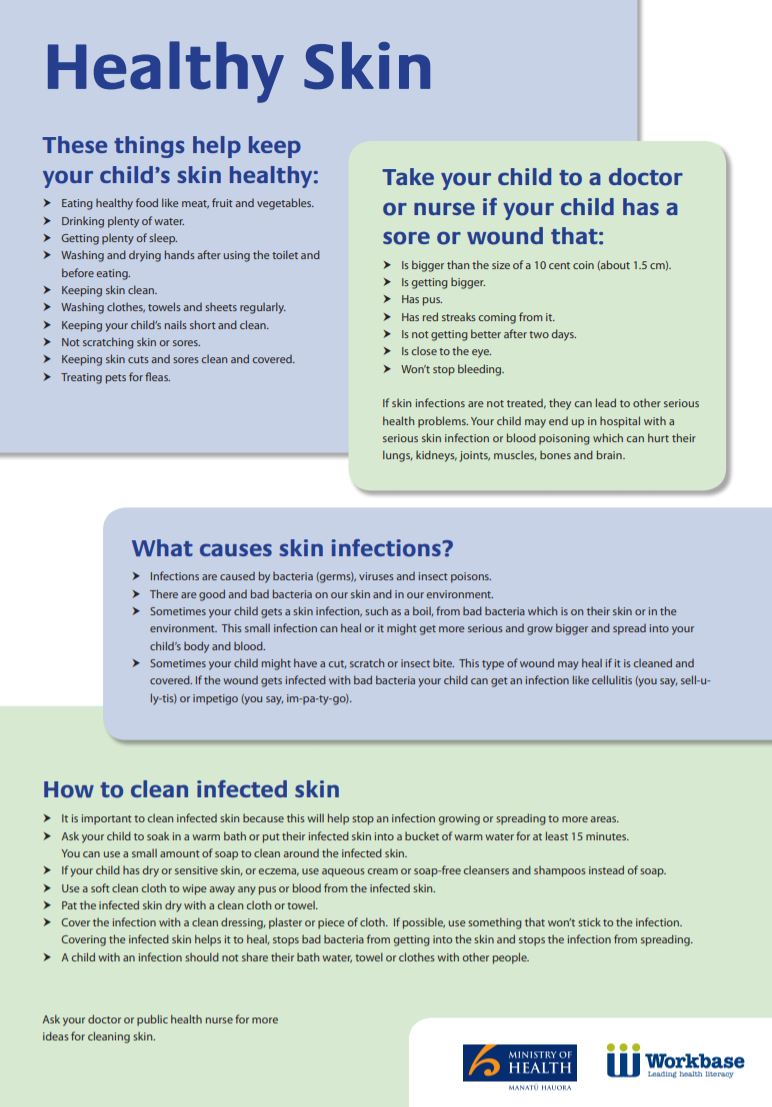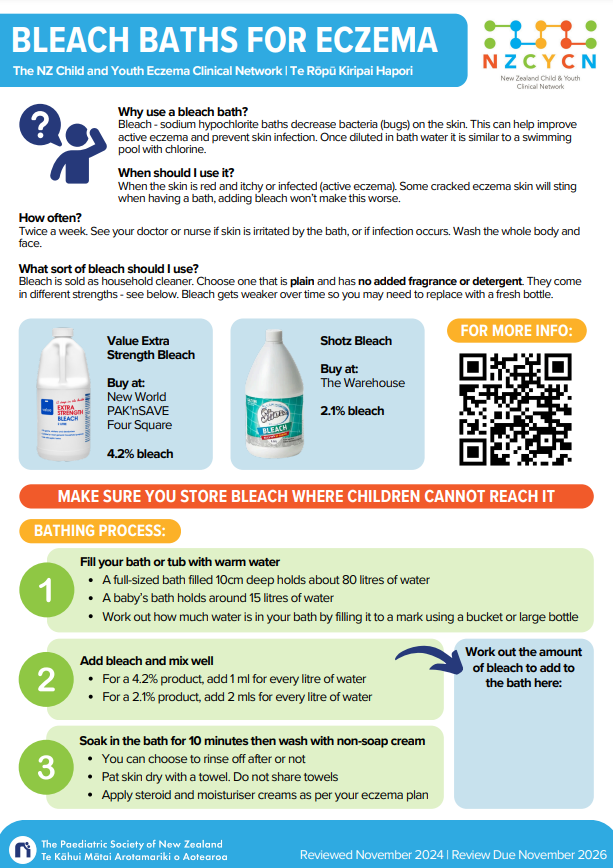You can now add Healthify as a preferred source on Google. Click here to see us when you search Google.
Boils and abscesses
Key points about boils and abscesses
- A boil is a tender red lump on your skin caused by an infection of a hair root or sweat pore. Large boils can form abscesses, a cavity or pocket filled with pus.
- Boils can appear anywhere on your body. Most boils go away on their own and can be treated at home with warm compresses.
- Boils can spread very easily so it's important to practice good hygiene.
- See your healthcare provider if you’ve had a boil for 2 weeks, if you have larger boils, a group of boils (carbuncle) or an abscess.

A boil is a tender red lump on your skin caused by an infection of a hair root or sweat pore. Boils are usually caused by a bacteria called Staphylococcus aureus, which often lives harmlessly on human skin. However, any break in your skin barrier leaves it vulnerable to infection and can lead to the development of a boil.
Large boils can form an abscess, which is the build-up of pus in a pocket under your skin. A cluster of boils that have multiple white pus heads is called a carbuncle.

Image credit: Depositphotos
- Boils are usually smaller, tender red spots, lumps or pustules.
- Abscesses are usually bigger, painful boils, which become hot, red and swollen. The middle of the lump might feel soft when you touch it. If you have an abscess, you might also have a fever, or feel hot and shivery.
Anyone can develop a boil. Most people with boils are otherwise healthy. But you might be more likely to get boils if you:
- have diabetes
- have a weakened immune system
- smoke
- are very overweight or obese
- have a skin condition, eg, eczema
- are male
- have been in close contact with someone with boils
- take certain medicines (eg, steroids) – if you think any medicines you’re taking might be causing boils, talk to your healthcare provider or pharmacist.
There are things you can do to treat small boils at home and stop them coming back. Larger boils and abscesses will usually need to be treated by your healthcare provider (see below).
Small boils
Small boils can be treated at home with warm compresses to encourage the boil to open and drain naturally.
You can make a warm compress by wetting a facecloth with warm (not hot) water and putting it on the boil for 10 minutes, 4 times a day. Do this as soon as you notice a boil. The heat and moisture can help the boil to open and drain, which usually takes a few days.
Practice good hygiene to stop the boil spreading
Boils can spread very easily.
Do
- Bath or shower every day using soap and always wash your hands regularly, particularly before touching the boil
- If the boil opens up on its own, gently wipe away the pus or blood with a clean cloth using warm water and plain white vinegar (if you can cope with that).
- Cover the boil with a dressing until it heals. Change it regularly as needed.
- Don't share a towel or facecloth.
- Wash your towels and bedding at least once a week using hot water.
- Take paracetamol or ibuprofen if needed for pain.
Don't
- squeeze, scratch, drain or open the boil – squeezing can push the infection deeper into your skin
- pop the boil with a needle – this could make the infection worse
- go swimming or use the gym while you have a boil, you could pass the infection on to others.
Larger boils and abscesses might need to be drained to get the pus out. This means that your healthcare provider will make a small cut in your skin so the pus can drain out. This is also called lancing the boil.
Antibiotics aren’t usually needed after drainage of a straightforward abscess. But you might need them if the abscess is infected, or you have/are at risk of cellulitis (an infection that affects the deeper layers of your skin).
Hospital treatment might sometimes be needed for children, or for larger boils or abscesses that can’t easily be drained in a clinic.
Read more about boils in children(external link).
You should see your healthcare provider if:
- you've had a boil for 2 weeks and it’s not getting better
- you have a group of boils (carbuncle) or a boil that’s getting bigger
- you have more than one boil
- you have a boil on your face
- the skin around your boil feels hot and swollen
- the boil has redness that’s spreading
- you feel feverish and shivery
- you have diabetes or a weakened immune system
- you keep getting boils.
Some people get boils repeatedly because they carry a strain of bacteria that easily causes infection of any broken skin (minor cuts and scrapes). In this case, you need to reduce any source of bacteria causing reinfection. If you keep getting boils talk to your healthcare provider, they can give you specific advice about what to do.
Things you can do include to:
- treat new boils straight away
- keep boils covered with a dressing to reduce spreading infection to other parts of your body or to other family members
- use hand sanitiser regularly
- use soap in your daily baths or showers
- apply antiseptic or antibiotic gel to the inside of your nostrils
- clean household surfaces (eg, bench tops, doorknobs, bathtubs and toilet seats) well
- wash sheets towels and clothes in hot water to reduce reinfection and don’t share them with others in your household
- having a diluted bleach bath twice a week which may help to help reduce the bacteria on your skin. Read more about bleach baths(external link).
Boils(external link) DermNet NZ
Boils in children(external link) KidsHealth, NZ
Bleach baths in patients with skin infections(external link) DermNet, NZ
Brochures
Boils(external link) Workbase Education Trust and Ministry of Health, NZ
Looking after your child's skin & treating skin infections(external link) Workbase Education Trust and Ministry of Health, NZ
Bleach bath instructions(external link) The NZ Child and Youth Eczema Clinical Network, Te Rōpū Kiripai Hapori, NZ, 2025
Keeping skin healthy(external link) Health Literacy NZ
References
- Boils(external link) DermNet NZ, 2016
- Cutaneous abscess(external link) DermNet NZ, 2013
- Wound cleansers(external link) DermNet, NZ, 2019
- Boils(external link) NHS, UK, 2023
- Skin abscess(external link) NHS, UK, 2023
Managing skin infections in Māori and Pacific families(external link) BPAC, NZ, 2012
Antibiotics guide – boils (furuncles) and carbuncles(external link) BPAC, NZ, 2023
Cellulitis(external link) Starship, NZ, 2019
Brochures

Workbase Education Trust and Ministry of Health, NZ

Ministry of Health and Workbase, NZ

The NZ Child and Youth Eczema Clinical Network, Te Rōpū Kiripai Hapori, NZ, 2025
Credits: Healthify editorial team. Healthify is brought to you by Health Navigator Charitable Trust.
Reviewed by: Dr Sharon Leitch, GP and Senior Lecturer, University of Otago
Last reviewed:





